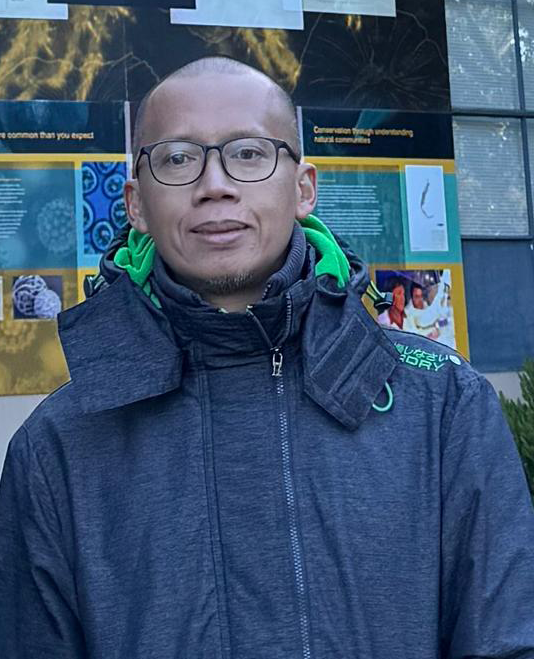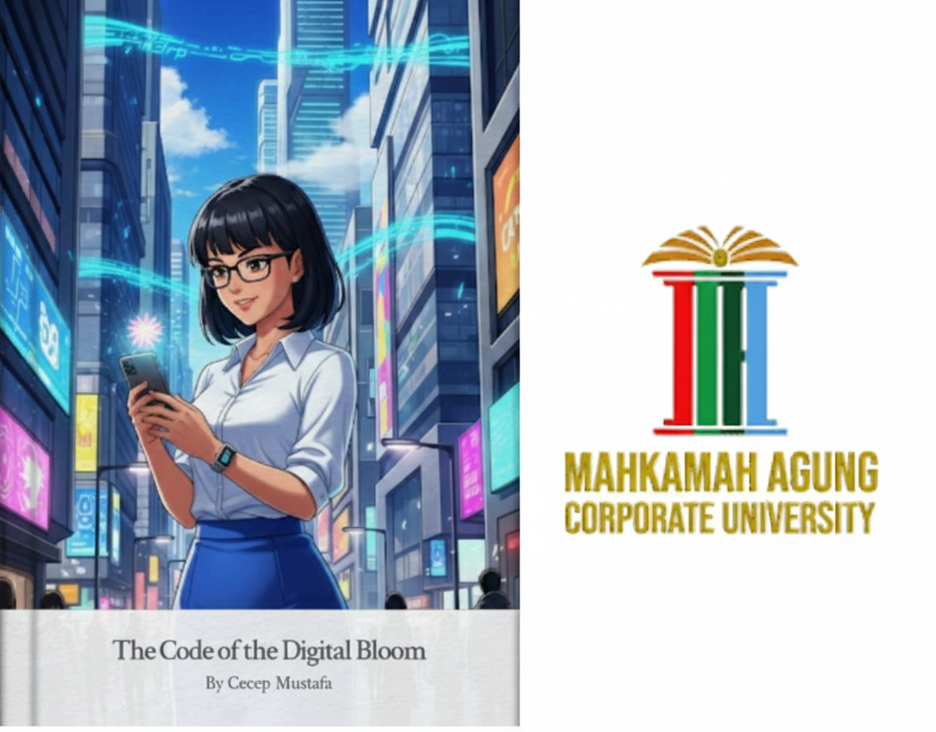JHP Journal Editor’s Note
Cecep Mustafa
Ah, fintech — that glittering symbol of progress, the darling of digital optimism. We’ve been told it will democratize finance, bring credit to the unbanked, and make borrowing as easy as downloading an app. And, for a while, it did exactly that.
By early 2020, over 25 million Indonesians were using peer-to-peer lending (FP2PL) platforms, supported by more than 160 registered companies. It felt like a new chapter in financial inclusion — speed, simplicity, and a promise to make the economy more human-centered.
But then came the classic plot twist: regulation.
The Regulator and the Helper
The Financial Services Authority (OJK) has clear constitutional and legal authority over Indonesia’s financial sector. To help oversee the rapidly growing fintech space, it appointed the Asosiasi Fintech Pendanaan Bersama Indonesia (AFPI) in 2019. AFPI’s mission seemed harmless enough — promote financial literacy, set ethical standards, and support responsible growth.
And yet, in its enthusiasm, AFPI crossed a critical line.
Buried within its Code of Ethics was a rule that set the maximum interest rate fintech lenders could charge.
At first glance, it sounds noble — a safeguard against predatory lending. But here’s the uncomfortable question: can a private association decide national financial terms? The answer, legally and philosophically, is no. That authority — what lawyers call attributive authority — belongs solely to OJK. Just as only Bank Indonesia can regulate banking interest rates, only OJK can do so for fintech.
AFPI isn’t part of OJK’s hierarchy, so this wasn’t a delegation of power. Nor is it a “mandate,” since AFPI acts on its own behalf, not as OJK’s proxy. It’s a bit like your neighborhood watch suddenly deciding to impose traffic fines — well-intentioned, perhaps, but fundamentally illegitimate.
When Good Intentions Hurt Competition
Beyond the legal misstep, the rule created a subtle but serious economic distortion. AFPI’s code capped interest rates at 0.8% per day — and since membership is mandatory for operating in FP2PL, all players must follow the same cap.
That’s not ethics; that’s price-fixing.
Under Indonesia’s Competition Law, this qualifies as a “pricing agreement” — a deal among competitors that eliminates price competition. New entrants hoping to offer different pricing models or more creative lending terms are effectively locked out. Refuse to comply, and you risk losing your AFPI membership — and, by extension, your operating license.
As the KPPU’s M. Zulfirmansyah once pointed out, even rules born from consumer protection can morph into barriers to entry. When that happens, competition fades, innovation stagnates, and the market becomes a gated community for incumbents.
The Lesson: Authority Is Not Just a Technicality
This is more than a debate about interest rates — it’s a question about power, legitimacy, and accountability in the digital age. When private associations start playing regulator, the line between governance and influence blurs.
OJK needs to reassert its role and set those limits itself — transparently, lawfully, and with public accountability. Meanwhile, KPPU should examine whether AFPI’s rule amounts to anti-competitive behavior.
Because the real challenge here isn’t whether fintech should be regulated — it absolutely should — but by whom and how. Innovation must be nurtured, yes, but not at the cost of fairness or legal clarity.
Closing Reflection
Technology loves speed; the law demands precision. Somewhere between the two lies justice.
Fintech’s promise isn’t just digital inclusion — it’s trust. And trust can’t thrive when rules are made in the shadows. The goal isn’t to slow innovation, but to guide it. When authority is clear, competition fair, and intent transparent, technology doesn’t just make us richer — it makes us more equal.

Untuk Mendapatkan Berita Terbaru Suara BSDK, Follow Channel WhatsApp: SUARABSDKMARI



